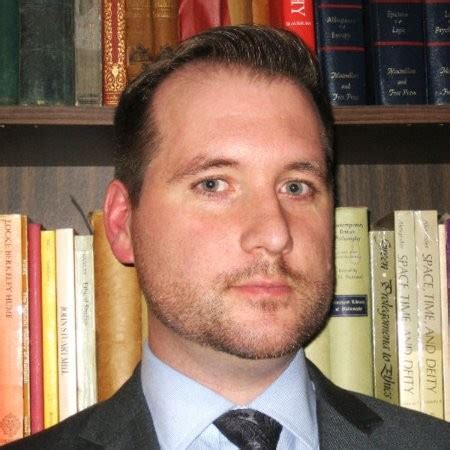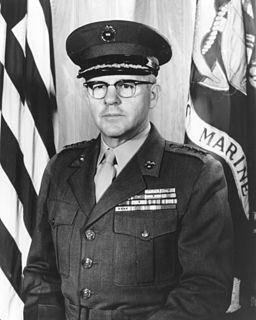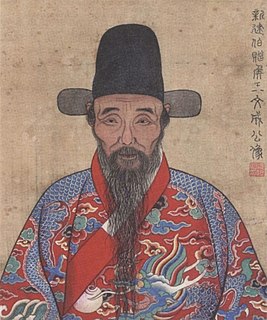A Quote by Rudolf Steiner
Grateful for his mistakes, man should be the gods, because by overcoming the faults the stronger force is developed.
Related Quotes
The galleries are full of critics. They play no ball, they fight no fights. They make no mistakes because they attempt nothing. Down in the arena are the doers. They make mistakes because they try many things. The man who makes no mistakes lacks boldness and the spirit of adventure. He is the one who never tries anything. His is the brake on the wheel of progress. And yet it cannot be truly said he makes no mistakes, because his biggest mistake is the very fact that he tries nothing, does nothing, except criticize those who do things.
To me a book is a message from the gods to mankind; or, if not, should never be published at all. A message from the gods should be delivered at once. It is damnably blasphemous to talk about the autumn season and so on. How dare the author or publisher demand a price for doing his duty, the highest and most honorable to which a man can be called?
So long as men desire to live together, no man may initiate the use of physical force against others. . . . When a man attempts to deal with me by force, I answer him by force. It is only as retaliation that force may be used and only against the man who starts its use. No, I do not share his evil or sink to his concept of morality: I merely grant him his choice, destruction, the only destruction he had the right to choose: his own.
The soul sins therefore because, while aiming at good, it makes mistakes about the good, because it is not primary essence. And we see many things done by the Gods to prevent it from making mistakes and to heal it when it has made them. Arts and sciences, curses and prayers, sacrifices and initiations, laws and constitutions, judgments and punishments, all came into existence for the sake of preventing souls from sinning; and when they are gone forth from the body, Gods and spirits of purification cleanse them of their sins.
In the absence of government each man learns to think, to act for himself, without counting on the support of an outside force which, however vigilant one supposes it to be, can never answer all social needs. Man, thus accustomed to seek his well-being only through his own efforts, raises himself in his own opinion as he does in the opinion of others; his soul becomes larger and stronger at the same time.








































